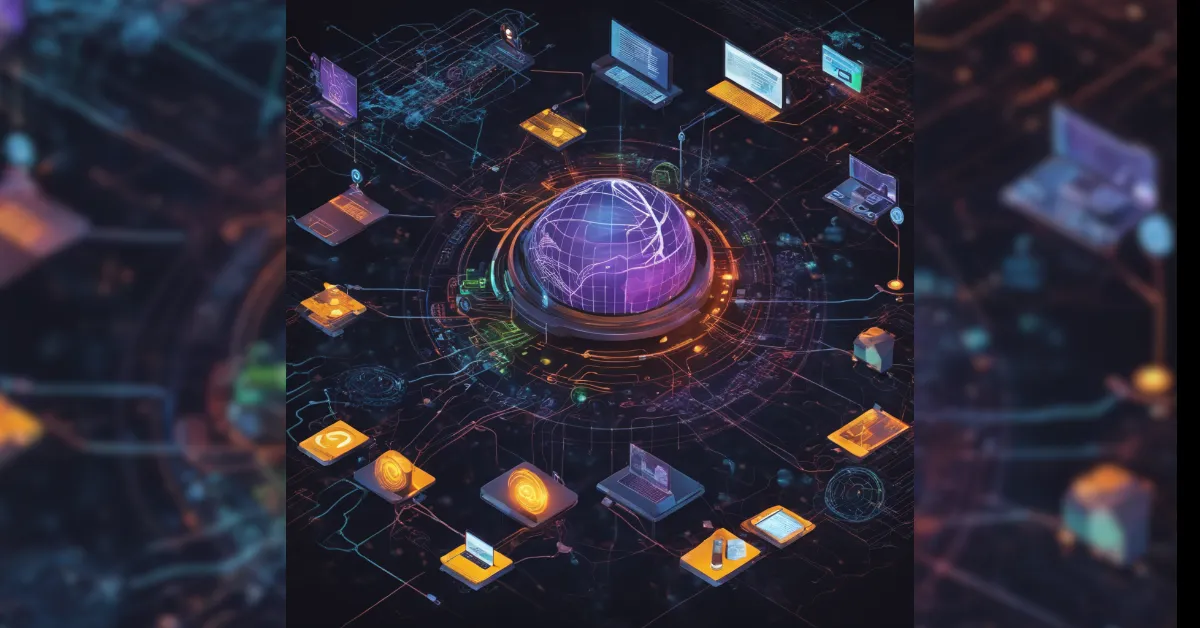The Power of Cyber Threat Intelligence
In today’s digital age, where the online world is both vast and treacherous, “cyber threat intelligence” has become the beacon that guides organizations through the shadows of the internet’s darkest corners. This article is a journey into the profound significance of cyber threat intelligence, unveiling how it empowers us to unmask the threats that lurk in the digital realm.
The Digital Battlefield: Understanding Cyber Threats
A Looming Peril
The internet is a vast and interconnected landscape, but within its depths, threats and adversaries loom. Understanding the nature of these threats is crucial.
Diverse Threat Actors
Cyber threats come from a diverse range of actors, including hackers, state-sponsored groups, and organized criminal networks.
The Role of Cyber Threat Intelligence
Defining Cyber Threat Intelligence
What exactly is cyber threat intelligence? It is the proactive, data-driven approach to understanding, managing, and mitigating cyber threats.
Turning Data into Insight
Cyber threat intelligence transforms raw data into actionable insights, enabling organizations to make informed decisions.
The Components of Cyber Threat Intelligence
Collection and Aggregation
The process begins with collecting and aggregating data from various sources, including security logs, threat feeds, and incident reports.
Analysis and Context
Data alone is not enough. Analysts provide context by evaluating the significance and relevance of the collected information.
Dissemination and Sharing
Sharing intelligence with relevant stakeholders and the cybersecurity community is vital for collective defense.
The Power of Proactivity
Threat Prediction
Cyber threat intelligence allows organizations to predict threats and vulnerabilities, staying one step ahead of potential attacks.
Incident Response
In the event of an incident, having threat intelligence at your disposal can significantly expedite the response and recovery process.
The Challenges of Cyber Threat Intelligence
Data Overload
The sheer volume of data can overwhelm organizations. Effective intelligence is about filtering noise and focusing on what matters.
Privacy and Legal Concerns
Balancing the need for intelligence with privacy and legal considerations is a complex challenge.
The Impact of Cyber Threat Intelligence
A Strong Defense
Organizations armed with cyber threat intelligence build a robust defense against threats, minimizing the impact of potential attacks.
Global Collaboration
Cyber threat intelligence fosters collaboration, enabling organizations to collectively combat cyber threats.
Conclusion
In the ever-evolving landscape of cybersecurity, “cyber threat intelligence” is the beacon that pierces the darkness. It is the proactive stance that organizations take to unmask and thwart threats in the digital realm. By understanding its components, harnessing its power, and addressing its challenges, we empower ourselves to navigate the digital world safely.
FAQs
What is cyber threat intelligence?
Cyber threat intelligence is a proactive approach to understanding, managing, and mitigating cyber threats through data analysis and context.
Why is cyber threat intelligence important?
It is essential for predicting threats, expediting incident response, and building a strong defense against cyber threats.
What are the components of cyber threat intelligence?
They include data collection, analysis, context, and dissemination to relevant stakeholders.
What challenges do organizations face in handling cyber threat intelligence?
Challenges include data overload and balancing intelligence with privacy and legal concerns.
How does cyber threat intelligence impact global cybersecurity?
It fosters collaboration and enables collective efforts to combat cyber threats on a global scale.




